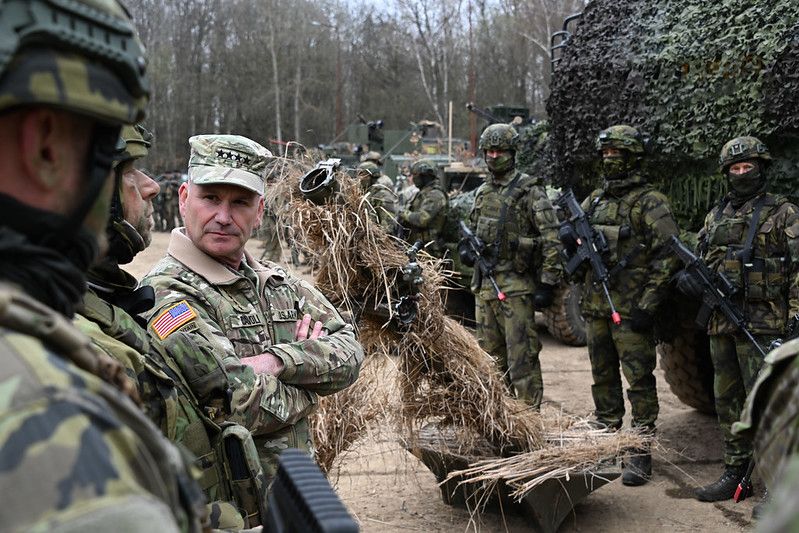U.S. Commander in Europe Says Russia Is a 'Chronic Threat' to World

Russia poses "a chronic threat" to the world and further aid to Ukraine to repulse the Russian invasion of that country is crucial, said Army Gen. Christopher Cavoli, the commander of U.S. European Command.
Cavoli, who also serves as NATO's supreme allied commander in Europe, testified before the House Armed Services Committee today.
"We're facing challenging times, to say the least, in the European theater," Cavoli told the representatives. "Russia's brutal, unprovoked war has ravaged Ukraine for over two years. [Russian] forces are demolishing cities and are destroying innocent lives on a scale we have not seen since the Second World War."
Also of concern is Russia's dependence on China, Iran and North Korea to sustain its campaign in Ukraine, he said. "These countries are forming interlocking, strategic partnerships in an attempt to challenge the existing order," the general said. "This is profoundly inimical to U.S. national interests."
More than two years after the invasion, Russian President Vladimir Putin shows no sign of stopping, Cavoli said. "Russia does not intend to stop with Ukraine," he said. "Russia presents a chronic threat."
European Command is responding to the threat to NATO by enhancing its deterrence posture across Europe. "We have strengthened our eastern flank with rotational force deployments, we have expanded pre-positioned stocks and we've modernized our infrastructure to enable rapid reception of reinforcing forces," the general said.
U.S. and allied troops have exercised extensively to demonstrate the new capabilities to reinforce in all domains. "We're ready to defend, and this allows us to deter, and we have deterred Russia from attacking our alliance," he said.
Cavoli also said the European Command has supported the international efforts to support Ukraine, and the command set up a security assistance group. "In the past 26 months of this war, the U.S. and our partners have delivered vast amounts of critical munitions and equipment to our Ukrainian colleagues," he said. "The [security assistance group] has facilitated a full range of training to promote unit readiness. We have ensured that Ukraine knows how to use their new equipment and knows how to maintain it."
But Putin is persistent, and the fact is that Ukraine "remains almost entirely dependent on external support to stay in this fight," he said. "The severity of this moment cannot be overstated: If we do not continue to support Ukraine, Ukraine could lose."
The last tranche of U.S. assistance ran out earlier this year, and Congress has legislation before it to continue the funding. Allies have picked up some of the shortages, but the United States is the main supplier of ground-based air defense and artillery shells for Ukraine right now, Cavoli said.
"I can't predict the future, but I can do simple math," the general said. "When I look at the supply rates, … when I look at the consumption rates, if we do not continue to support Ukraine, Ukraine will run out of artillery shells and will run out of air defense interceptors in fairly short order.
"Based on my experience in 37-plus years in the U.S. military, if one side can shoot and the other side can't shoot back, the side that can't shoot back loses," he continued. "So, the stakes are very high."
Also at stake is American leadership. "Continued U.S. leadership is essential," he said. "Our allies are stepping up. But they require, and they hope for, our continued leadership and example. By upholding our commitment to Ukraine and by demonstrating steadfast cohesion with the NATO alliance, we provide a clear deterrent to our adversaries. Should that deterrence fail, U.S. Eucom — alongside our allies — is ready to fight and win."
